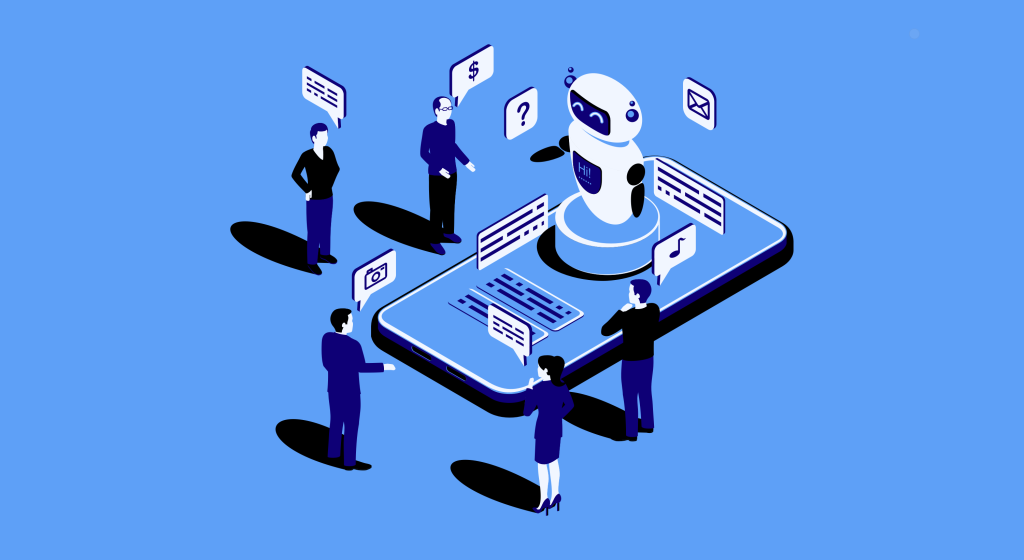The utilization of chatbots in marketing is one of the biggest developments in this field. The digital landscape has completely changed the way organizations interact with their clientele. Artificial intelligence-driven chatbots have emerged as indispensable resources for businesses looking to improve client relations, expedite correspondence, and raise customer satisfaction levels. Businesses may provide real-time assistance, tailored experiences, and effective service by using chatbots in their marketing strategy. This will eventually increase engagement and lead to more conversions.
Businesses can offer 24/7 customer care by integrating chatbots into their marketing campaigns, guaranteeing that customers receive prompt assistance regardless of time zones or work hours. In today’s fast-paced environment, when customers expect prompt responses to their requests, this constant availability is essential. Chatbots are capable of doing a variety of jobs, such as assisting clients with their purchases and providing answers to commonly requested queries. Businesses can drastically cut response times by automating these exchanges, which will increase customer happiness and loyalty.
A major benefit of deploying chatbots in marketing is their capacity to provide individualized experiences. Chatbots can improve the relevancy of marketing communications by analyzing client data and preferences to generate customized recommendations and offers. For example, a chatbot can make product recommendations based on a customer’s browsing or past purchases, which improves the user experience and makes shopping more fun. In addition to increasing sales, this degree of customization strengthens the bond between the business and its patrons, resulting in enduring partnerships.
Chatbots are more effective in marketing than just providing personalized service and customer assistance. Additionally, chatbots can be quite helpful in lead nurturing and generation. Chatbots can qualify leads by interacting with website visitors in real time, posing relevant queries, and obtaining crucial data. Afterward, by customizing marketing efforts and follow-up communications, this data can guarantee that leads are successfully developed through the sales funnel. Additionally, chatbots can automate follow-up correspondence with potential clients, providing them with reminders or other details, which raises the likelihood that they will convert.
Chatbots are a useful tool for firms looking to maximize the results of their marketing campaigns by providing insightful data on customer behavior and preferences. Chatbots can record and evaluate conversations, giving information about the questions, worries, and comments of users. When it comes to enhancing product offers and marketing strategies, this information is priceless. Businesses may make wise decisions that improve the overall customer experience by knowing what customers want and how they engage with the company. By guaranteeing that marketing initiatives are in line with consumer demands, this data-driven strategy produces more successful campaigns with increased return on investment.
In conclusion, companies trying to improve consumer interactions have found that including chatbots in marketing campaigns has changed the game. Chatbots increase customer satisfaction and boost sales by offering tailored experiences, effective lead nurturing, and round-the-clock help. Businesses may make data-driven decisions that enhance customer experience and marketing efficacy by leveraging the information gleaned from chatbot conversations. The use of chatbots in marketing will surely grow as technology develops, providing companies with even more chances to engage with consumers in meaningful ways. Long-term success and maintaining competitiveness in the current digital environment depend on embracing this technology.

